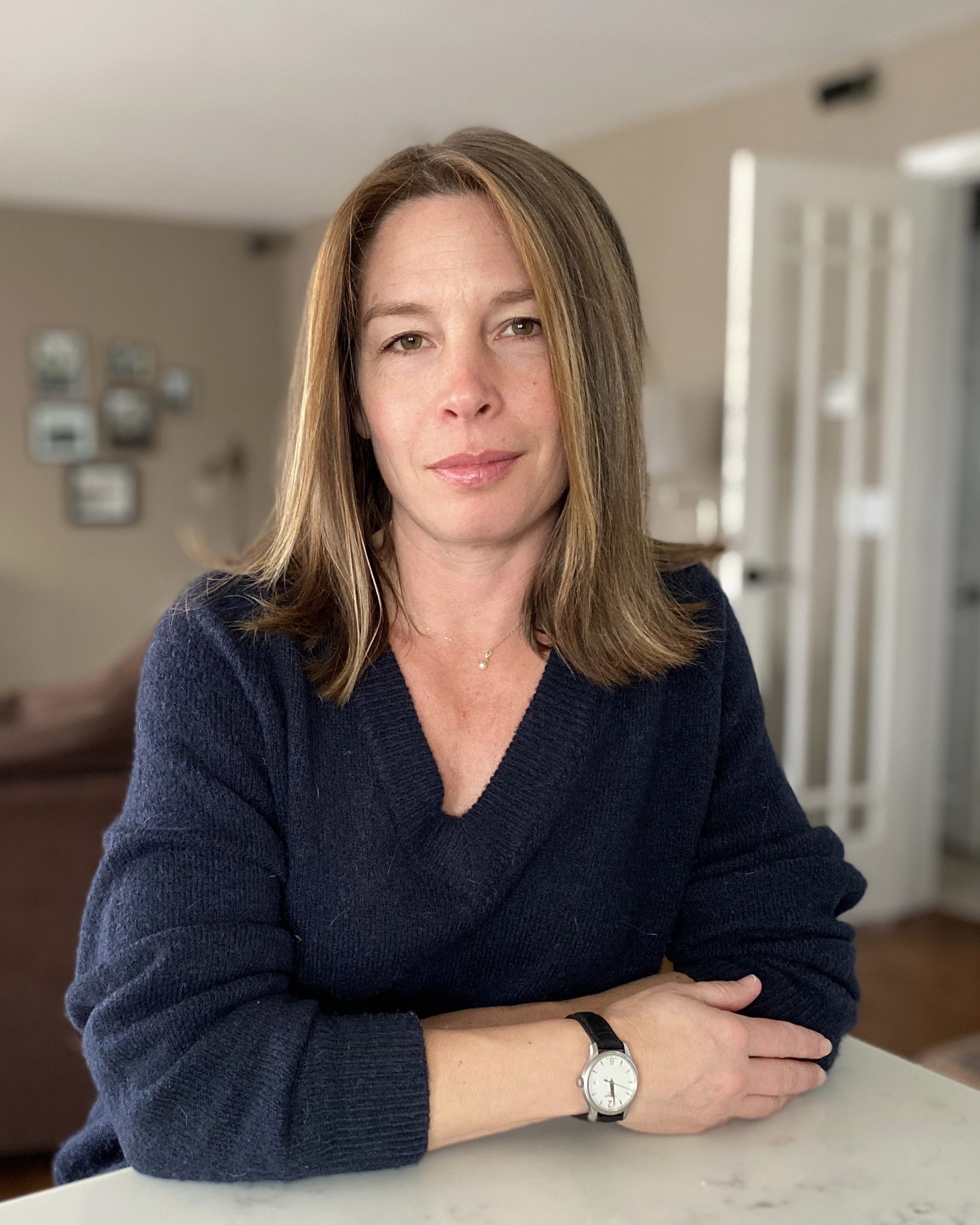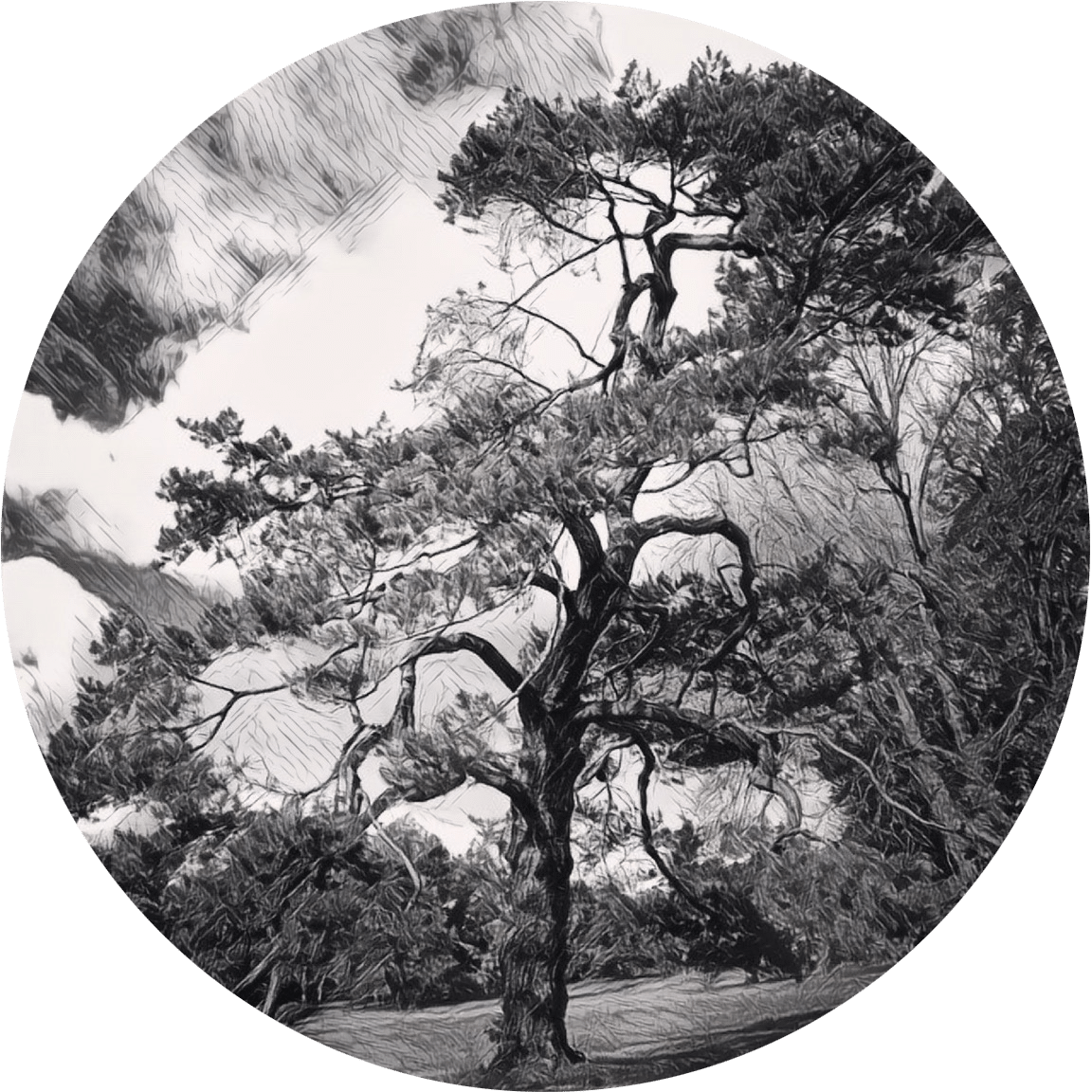Among the many things happening in The Year of Dan Palace, one is an incidental love double-helix.
Strand 1: Nina loves Dan loves April.
Strand 2: Andy loves Jenny wants Dan.
In a typical love triangle, each of the participants somehow knows the other two. In the case of Nina, Dan, April, Andy, and Jenny, this isn’t always the case.
Nina and April have never met.
Neither have Jenny and April.
The relationships aren’t triangles because there are no vertices holding the shape together. All of the parts are moving ever forward, toward the object of their desire and away from the object that desires them.
In triangles (and this is just a theory), people are engaging in “safe” risky behavior. The people all know each other. They’re staying, to some degree, within their comfort zone.
For example: Dick and Jane are married. Neighbor and friend Bill comes over for pot roast and mashed potatoes. Jane has an affair with Bill. Bill knows where the napkins are, and because he lives in the neighborhood, he’s not likely to take her away from what has become familiar.
It would be a little more frightening for Jane to have an affair with Jenkins, an outsider living in a downtown apartment with a park view. How would he fit in at Jane’s suburban home? Had he ever even eaten a pot roast? What if Dick found out about Jenkins and left Jane? Should she be expected to move to Jenkins’ downtown, park-view apartment? She doesn’t even like pigeons.
In The Year of Dan Palace, Dan, Jenny, Nina, and Andy are people who were once content to play it safe. They once did what most of us do or have done: follow the routine without doing anything to change it.
It’s easier to complain at the end of the day, and then start all over again in the morning.
But in the not-so-distant future inhabited by Dan Palace, an end-of-the-world prediction that’s been making the rounds in the media has inspired a few of the previously safe to be a little less risk averse. A little more brave. They step outside of the triangle and into the less confining double helix.
But maybe “brave” isn’t the right word.
Is it brave to go after what you want when the world might be ending, or when you might be dying of cancer…when you think, “All else is lost, anyway, so what the hell?”
I remember being brave when I was a teenager. With no fear of dying anytime soon and with full awareness that any and all consequences would be mine to deal with (and not caring one bit – carpe diem!), I booked a flight after high school graduation to chase down a crush who’d moved away.
It did not go well.
There were definite consequences.
They were not much fun to deal with.
Knowing now how that particular episode unfolded, I don’t know that I would do the same – chase down a crush living states and states away – today. (Were I not married, that is, and had I a crush to chase.)
There’s a point, and it’s hard to say when it happens, when the ignorance of one’s own mortality and the resulting fearlessness crouches and cowers and is wholly overpowered by an awareness of our limited time.
We know that After I do this thing, something else will happen.
I might not like that something else.
I could like it, but I might not.
I don’t want to know what not liking that something else could mean. Life’s too short to mess it up.
Not doing it.
But that’s the kind of thinking that can only be done by those with the luxury of time – or, at least, anticipated time. Assumed is that there will still be time in this short life to regret actions.
When there is almost no time for the “something else” to be a factor, how different a landscape for exploration and adventure that seems to be.
Forget “What would you do if you won the lottery?” What would you do if the world were ending?

Kristen Tsetsi is the author of the post-Roe v. Wade novel The Age of the Child, called “scathing social commentary” and “a novel for right now.” She is also the author of the novels The Year of Dan Palace and Pretty Much True (studied in Dr. Owen W. Gilman, Jr.’s The Hell of War Comes Home: Imaginative Texts from the Conflicts in Afghanistan and Iraq). Kristen’s interview series at JaneFriedman.com offers behind-the-scenes insights into all things writing and publishing.


